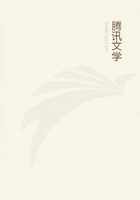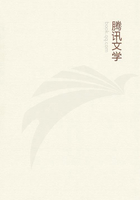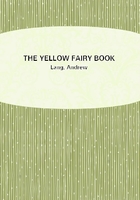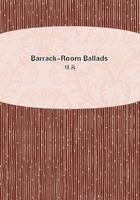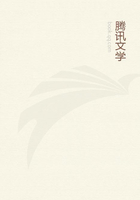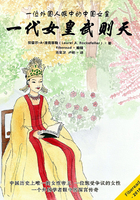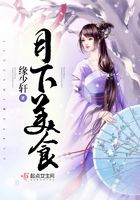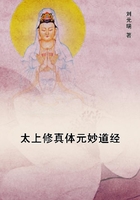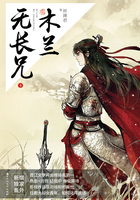by Irving Howe
I must have been no more than fifteen or sixteen years old when I first chanced upon Winesburg, Ohio. Gripped by these stories and sketches of Sherwood Anderson's small-town "grotesques," I felt that he was opening for me new depths of experience, touching upon half-buried truths which nothing in my young life had prepared me for. A New York City boy who never saw the crops grow or spent time in the small towns that lay sprinkled across America, I found myself overwhelmed by the scenes of wasted life, wasted love--was this the "real" America?--that Anderson sketched in Winesburg. In those days only one other book seemed to offer so powerful a revelation, and that was Thomas Hardy's Jude the Obscure.
Several years later, as I was about to go overseas as a soldier, I spent my last weekend pass on a somewhat quixotic journey to Clyde, Ohio, the town upon which Winesburg was partly modeled. Clyde looked, I suppose, not very different from most other American towns, and the few of its residents I tried to engage in talk about Anderson seemed quite uninterested. This indifference would not have surprised him; it certainly should not surprise any- one who reads his book.
Once freed from the army, I started to write liter- ary criticism, and in 1951 I published a critical biog- raphy of Anderson. It came shortly after Lionel Trilling's influential essay attacking Anderson, an at- tack from which Anderson's reputation would never quite recover. Trilling charged Anderson with in- dulging a vaporous sentimentalism, a kind of vague emotional meandering in stories that lacked social or spiritual solidity. There was a certain cogency in Trilling's attack, at least with regard to Anderson's inferior work, most of which he wrote after Wines- burg, Ohio. In my book I tried, somewhat awk- wardly, to bring together the kinds of judgment Trilling had made with my still keen affection for the best of Anderson's writings. By then, I had read writers more complex, perhaps more distinguished than Anderson, but his muted stories kept a firm place in my memories, and the book I wrote might be seen as a gesture of thanksfor the light--a glow of darkness, you might say--that he had brought to me.
Decades passed. I no longer read Anderson, per- haps fearing I might have to surrender an admira- tion of youth. (There are some writers one should never return to.) But now, in the fullness of age, when asked to say a few introductory words about Anderson and his work, I have again fallen under the spell of Winesburg, Ohio, again responded to the half-spoken desires, the flickers of longing that spot its pages. Naturally, I now have some changes of response: a few of the stories no longer haunt me as once they did, but the long story "Godliness," which years ago I considered a failure, I now see as a quaintly effective account of the way religious fanaticism and material acquisitiveness can become intertwined in American experience.
Sherwood Anderson was born in Ohio in 1876. His childhood and youth in Clyde, a town with per- haps three thousand souls, were scarred by bouts of poverty, but he also knew some of the pleasures of pre- industrial American society. The country was then experiencing what he would later call "a sud- den and almost universal turning of men from the old handicrafts towards our modern life of ma- chines." There were still people in Clyde who re- membered the frontier, and like America itself, the town lived by a mixture of diluted Calvinism and a strong belief in "progress," Young Sherwood, known as "Jobby"--the boy always ready to work--showed the kind of entrepreneurial spirit that Clyde re- spected: folks expected him to become a "go-getter," And for a time he did. Moving to Chicago in his early twenties, he worked in an advertising agency where he proved adept at turning out copy. "I create nothing, I boost, I boost," he said about himself, even as, on the side, he was trying to write short stories.
In 1904 Anderson married and three years later moved to Elyria, a town forty miles west of Cleve- land, where he established a firm that sold paint. "I was going to be a rich man.... Next year a bigger house; and after that, presumably, a country estate." Later he would say about his years in Elyria, "I was a good deal of a Babbitt, but never completely one." Something drove him to write, perhaps one of those shapeless hungers--aneed for self-expression? a wish to find a more authentic kind of experience?-- that would become a recurrent motif in his fiction.
And then, in 1912, occurred the great turning point in Anderson's life. Plainly put, he suffered a nervous breakdown, though in his memoirs he would elevate this into a moment of liberation in which he abandoned the sterility of commerce and turned to the rewards of literature. Nor was this, I believe, merely a deception on Anderson's part, since the breakdown painful as it surely was, did help precipitate a basic change in his life. At the age of 36, he left behind his business and moved to Chicago, becoming one of the rebellious writers and cultural bohemians in the group that has since come to be called the "Chicago Renaissance." Anderson soon adopted the posture of a free, liberated spirit, and like many writers of the time, he presented him- self as a sardonic critic of American provincialism and materialism. It was in the freedom of the city, in its readiness to put up with deviant styles of life, that Anderson found the strength to settle accounts with--but also to release his affection for--the world of small- town America. The dream of an uncondi- tional personal freedom, that hazy American version of utopia, would remain central throughout Anderson's life and work. It was an inspiration; it was a delusion.

